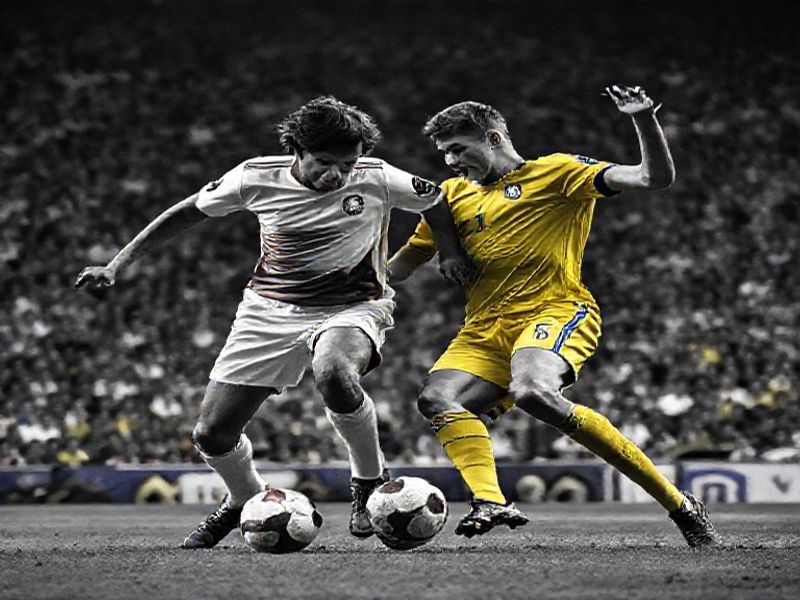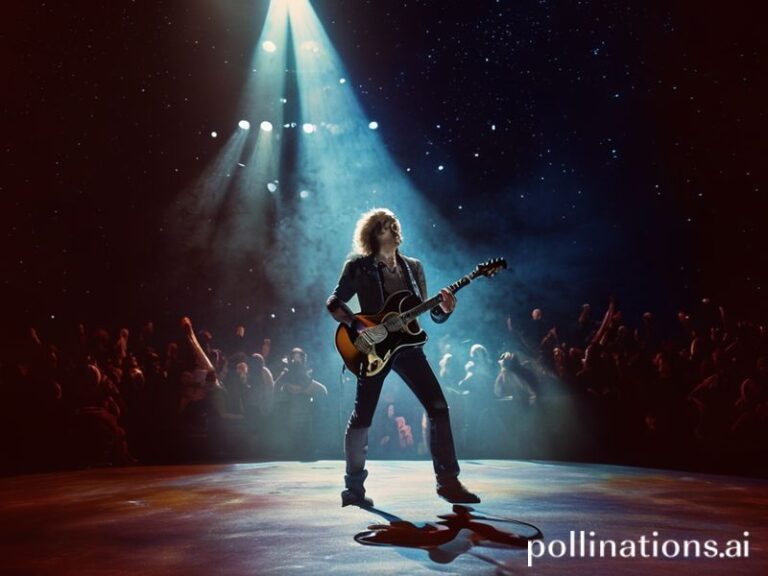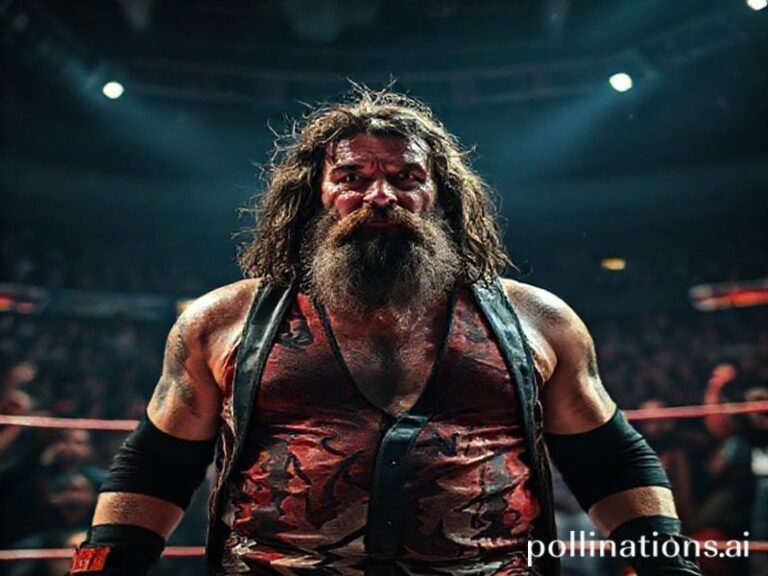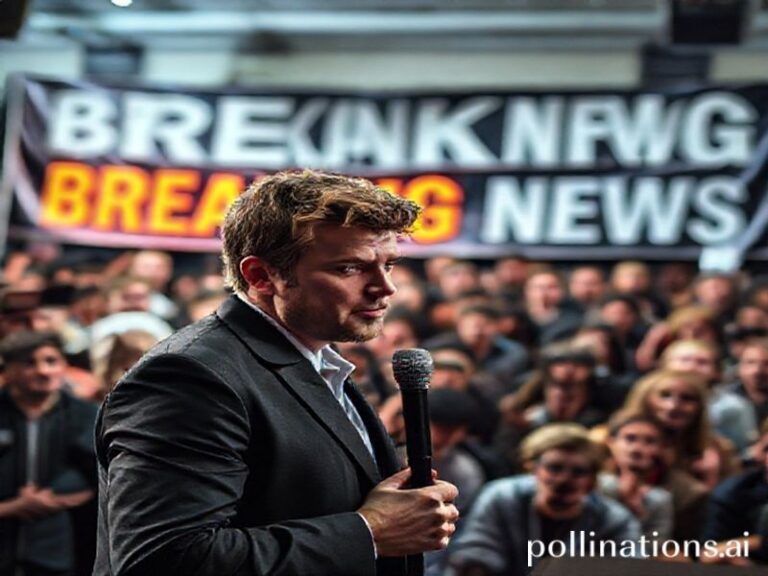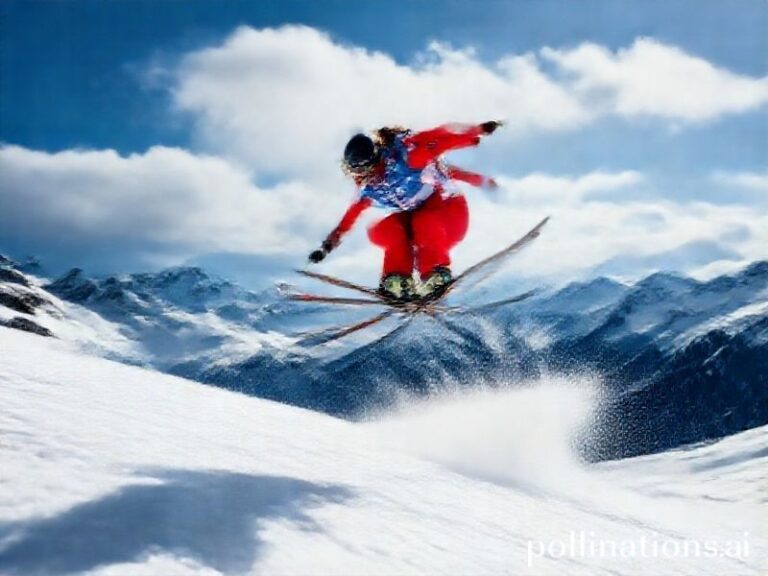France vs Ukraine: The Twitter War That’s Got the World Talking (And Laughing)
**France vs Ukraine: The Twitter War That’s Got the World Talking**
Alright, folks, buckle up! We’re diving into the latest internet sensation that’s got the global community more divided than a pizza cut by a toddler. No, it’s not the latest TikTok dance trend or a celebrity feud—it’s the unexpected showdown between France and Ukraine. Yes, you read that right. The two countries have been at the center of a viral storm, and the internet is here for it.
**The Spark That Lit the Fuse**
It all started when French President Emmanuel Macron made a rather innocuous statement about Ukraine’s potential future negotiations with Russia. He suggested that Ukraine might need to make “compromises” to end the war, a sentiment that didn’t sit well with many Ukrainians. Enter the internet, stage left.
Ukrainian Twitter users, backed by a wave of global support, swiftly clapped back with a flurry of memes, witty comebacks, and even a change.org petition to ban French wine. Yes, you read that correctly—French wine. The petition garnered over 30,000 signatures before it was taken down, but not before it became a symbol of the internet’s collective sense of humor and solidarity with Ukraine.
**Cultural Context: The Power of Meme Diplomacy**
This isn’t the first time the internet has played a pivotal role in international relations. Remember the #JeSuisCharlie hashtag after the Charlie Hebdo attack? Or the #BringBackOurGirls campaign? The France vs. Ukraine saga is just the latest example of “meme diplomacy,” where social media users leverage humor and viral content to influence global discourse.
In this case, the memes weren’t just funny—they were a form of digital resistance. They allowed Ukrainians to express their frustration and rally international support in a way that was both engaging and shareable. And let’s be honest, who doesn’t love a good wine ban joke?
**Social Impact: The Viral Effect**
The viral nature of this trend has had a significant social impact. It’s brought global attention to Ukraine’s ongoing struggle, keeping the conversation alive and ensuring that the world doesn’t forget about the conflict. It’s also highlighted the power of social media as a tool for advocacy and solidarity.
Moreover, the trend has sparked a broader discussion about the role of diplomacy in the digital age. Can memes and hashtags really influence international relations? The France vs. Ukraine saga suggests that yes, they can. But whether that influence is positive or negative remains to be seen.
**Why This Topic is Significant**
So, why should you care about this internet spat? Well, for starters, it’s a fascinating case study in the power of social media. It’s also a reminder that diplomacy isn’t just about suits and handshakes—it’s about people, culture, and yes, even memes.
But perhaps the most significant aspect of this trend is its ability to bring people together. In a world that often feels divided, the France vs. Ukraine saga has shown that the internet can be a powerful force for unity and solidarity. And that, my friends, is something worth celebrating.
**Conclusion: The Wine Ban That United the World**
In the end, the France vs. Ukraine saga is more than just a viral trend—it’s a testament to the power of the internet to bring people together, spark important conversations, and even influence international relations. So, the next time you see a hashtag trending, remember: it might just be the start of something big.
And as for the French wine ban? Well, let’s just say it’s a sacrifice we’re all willing to make for the sake of global unity. Santé!

